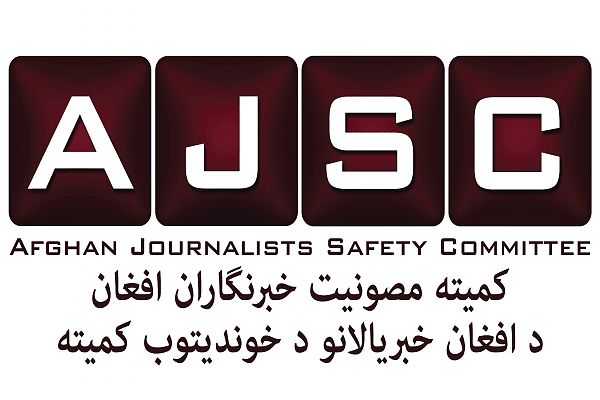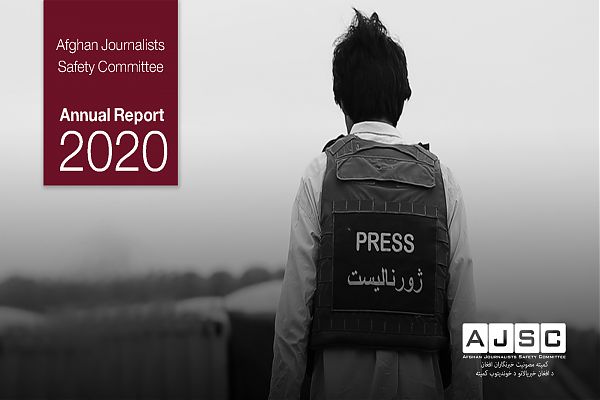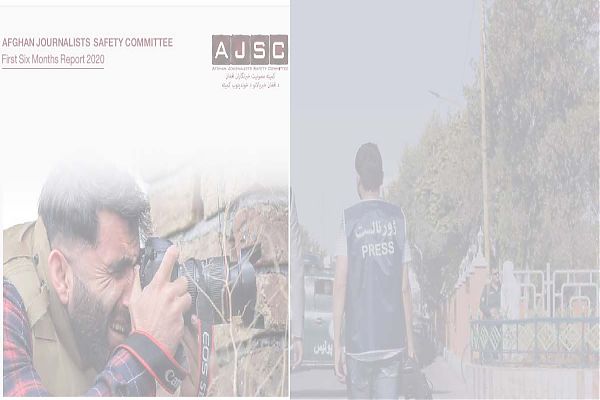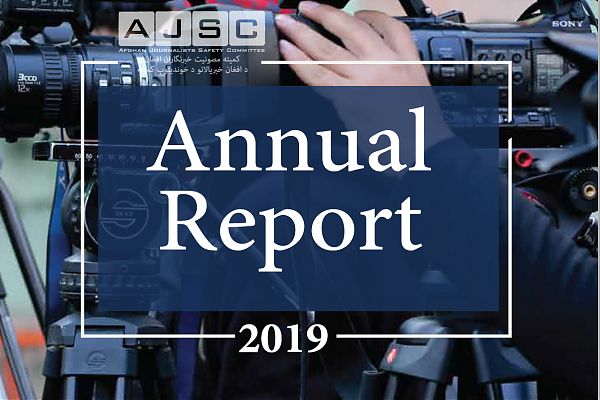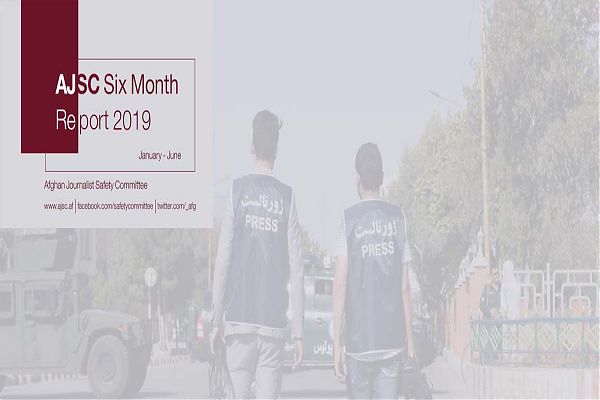2016 has been the bloodiest year for journalists in the history of Afghanistan. Only in the first six months, ten journalists were murdered. In this reporting period, AJSC recorded a total of 54 incidents, which include murder, physical assault, detention, and intimidation. This figure shows a 38 percent increase from the first six months of 2015, in which 39 cases were recorded.
Individuals linked to the government still account for the majority of cases of violence and intimidation. Based on the findings of this report, the number of cases where Taliban have been the perpetrators has dramatically increased compared to the previous years. In this reporting period, the government is responsible for 21 cases (39%) and Taliban for 16 cases (30%).
The increase in violence and intimidation against journalists by the Taliban and other violent extremist groups marks a significant shift in the nature of threats and risk against journalists, making the environment for journalists more dangerous and lethal.
General instability and the likelihood of certain provinces falling to the Taliban have heightened concerns about the safety of journalists. The Taliban’s vigorous efforts to track down and target journalists following the fall of Kunduz City demonstrates the reality that journalists are seriously vulnerable in unstable and insecure provinces.
Free media and freedom of expression are the greatest achievements of the past 15 years, but face serious challenges. Threats to the lives of journalists, financial challenges facing media outlets, the slow growth of media and the multiplicity of factional and partisan media outlets are the main challenges facing free media in the country. The lack of a spirit of cooperation on the part of the government of Afghanistan concerning sharing information with journalists is also among the main obstacles hampering journalism work in the country.
The presence of women in the media has been decreasing because of deterioration of security situation in the country. Currently, women’s presence in media is largely limited to the urban areas. Women have maintained weaker roles in the leadership and news sections highlighting a setback in the presence and qualitative growth of women in the media.
Media organizations have acted weakly and, on many occasions, unfairly in ensuring the legal rights of their staff and in creating an environment conducive for the growth of women as journalists.
In consideration of the breadth of the problems of journalists with their related media, the media has not implemented the Statute on the Establishment and Operation of Private Mass Media that has provided the legal ground for the resolution of most of the problems journalists face with their employers. The Ministry of Information and Culture has not done any noteworthy work in enforcing this statute and monitoring its implementation.
Note: To read the full report, click here.

